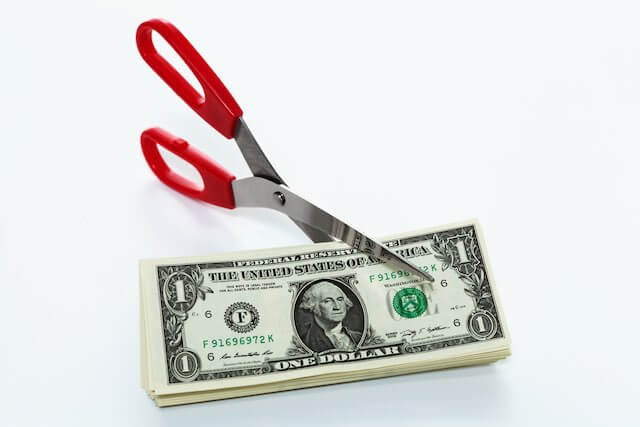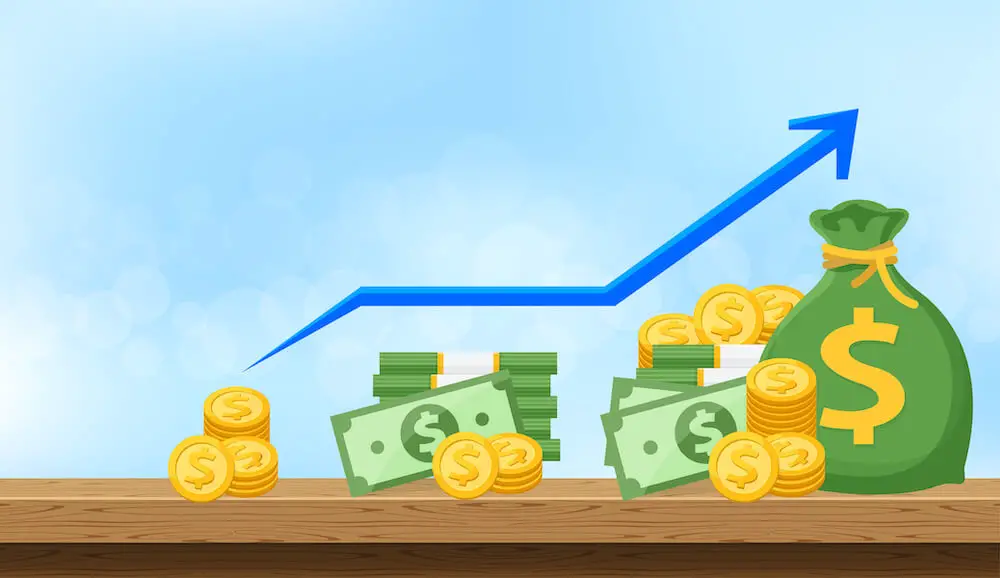Contents
- Federal Pay: How the Political Process Works
- Status of 2023 Federal Pay Raise
- What About Inflation and Federal Pay Raise?
- Military Pay Raise and Impact on Federal Pay Raise
- Federal Pay History and Inflation
- Wishful Thinking?
In 2022, the federal pay raise averaged 2.7%. The latest annual inflation figure showed a yearly inflation amount of 8.6% and a 9.6% inflation rate as measured by the CPI-W index. In effect, the purchasing power of that 2022 raise has been decimated by inflation.
The process for determining the amount of any federal employee pay raise for the coming year is a topic of speculation throughout the year. Unlike the annual COLA amount paid to Social Security recipients and federal employee retirees, there is no set method for deciding if or how much of a pay raise will be awarded to the federal workforce in the coming year.
With the high rate of inflation, many federal employees may be wondering if their next pay raise will ease the financial impact of inflation. Perhaps the raise will significantly ease the pain of inflation or, perhaps, that is just wishful thinking.
Federal Pay Raise: How the Political Process Works
Because the annual federal pay raise is determined by politics, this means the process for deciding whether there will be an annual federal employee raise—and the amount of the raise—will vary. The variations depend on the political situation at any given time. This is what makes the process so complex.
In some years, Congress will pass annual federal pay rate adjustments in an appropriations bill. When this occurs, it is usually done in the Financial Services and General Government appropriations bill.
While this often happens, there is no legal requirement that a federal employee pay raise be addressed by Congress. In many years, Congress does not pass legislation on the subject. In effect, the president decides what the raise should be and Congress goes along with it.
The recommended pay raise is generally based on the employment cost index as measured by the Bureau of Labor Statistics. The 2022 pay raise was 2.7%, equal to what the federal formula calculated it should be based on economic conditions in fall 2020. In effect, that was based on prior economic conditions and not the conditions that existed by January 2022.
Status of 2023 Federal Pay Raise
Right now, the best guess is that federal employees will receive a raise of 4.6% in January 2023. The same percentage increase has been planned for military personnel. The planned 4.6% pay raise would be the largest annual increase for both troops and civilian workers in 20 years.
The president’s budget request proposes a 4.6% 2023 federal pay raise. Congress could change that to a different amount, but a draft spending bill for the fiscal year 2023 does not include a provision on a pay raise for federal employees. While still early in the process, this does indicate Congress may just go along with the president’s pay raise proposal.
Normally, an alternative pay plan is proposed late in the year. This alternative pay plan is typically released in August by the president.
What has happened most often in the last several years is that Congress does not pass legislation on the amount of any federal employee pay raise for the next year. When that happens, the president then sets the amount of the raise through this alternative pay plan.
That could happen again for the 2023 pay raise.
Of course, if Congress does not like the amount of the raise in the alternative pay plan, it can still pass new legislation determining the final amount. This is most likely to happen during an election year. With an election coming up, the thought process is likely to be that giving a raise = (hopefully) getting more votes for a candidate running for Congress.
What About Inflation and the Federal Pay Raise?
Under President Jimmy Carter, inflation reached an annual rate of about 14%. Inflation played a large role in his political future and he did not win a second term in office—with the rate of inflation playing a significant role in his defeat.
No doubt, the impact of high inflation and falling stock prices are still a politically volatile combination. As we near mid-term elections in November, elected politicians, including the president, are well aware of how much high inflation can impact election results.
Inflation is technically not a factor in a pay raise for federal employees. The process in determining the pay raise is political. So, political considerations may play a role in the 2023 federal pay raise.
Military Pay Raise and Impact on Federal Pay Raise
There are already some concerns about the impact of inflation on purchasing power. Often, there is more support for a higher pay raise and other compensation for military personnel than for civilians in government. Here are a couple of recent quotes on this issue:
Federal civilian wages could be a major stumbling block for increasing military pay above recommended levels next year, according to the chairman of the House Armed Services Committee.
Federal worker wages could cap military pay raise
House lawmakers want to bump up military housing stipends and drop costs of some commissary items to combat the impact of inflation on family finances.
Bigger military housing stipends, lower commissary costs pushed to fight inflation
As sometimes happen, pressure for a higher raise for military personnel could have an impact on federal pay for federal civilians.
Federal Pay Raise History and Inflation
Federal pay raise history shows how this can play out.
In 1980, the federal pay raise was 9.1%. Inflation in those two years was above 10% in both years. We are now getting close to that inflation rate. Partly as a result of inflation figures, there is now political speculation that one or both Congressional chambers will change hands and may put Republicans in charge of Congress after the November elections.
Any elected official pays attention to political turmoil among voters. Political survival is the highest concern for most elected officials. That concern could impact federal pay as we get closer to the November elections.
Here is how pay, inflation, and COLAs came out during President Carter’s era:
| Year | Pay Raise | Inflation | COLA |
| 1978 | 5.50% | 7.60% | 6.5% |
| 1979 | 7.00% | 11.30% | 9.9% |
| 1980 | 9.10% | 13.50% | 14.3% |
| 1981 | 4.80% | 10.30% | 11.2% |
At the other extreme, inflation under President Obama was very low. He did win a second term. Federal pay raises while he was president averaged 0.96%—the lowest pay raise average in more than 50 years.
As inflation went up during the Carter years, the federal pay raise also went up. History does not always repeat, but many of the factors present during this time are present again in 2022.
Congress may go along with the White House proposal of a 4.6% raise or it may consider the high inflation rate when voting on the budget for the coming fiscal year. If inflation takes a while to go down after interest rates are imposed by the Federal Reserve, chances are there will be a bigger pay raise in 2024.
Wishful Thinking?
We do not know what the federal pay raise will be next year. We do know inflation is at a 40-year high and the electorate is restless, the president’s approval ratings are very low, and many elected officials are in danger of not being re-elected.
With this mixture in the political soup and the consternation and uncertainty it creates, anything is possible. Congress could decide on a higher raise or President Biden could propose a higher alternative pay raise. That may be wishful thinking.
Some Congressional representatives have already proposed a larger federal pay raise of 5.1% because of the high inflation rate. That proposal is likely to be given more serious consideration because of current economic conditions in conjunction with an upcoming election.
Perhaps those hoping for a larger than usual raise are just reflecting current political and economic reality. Because of these factors, we can anticipate more discussion than usual of a change in the proposed federal pay raise.





